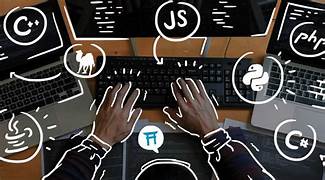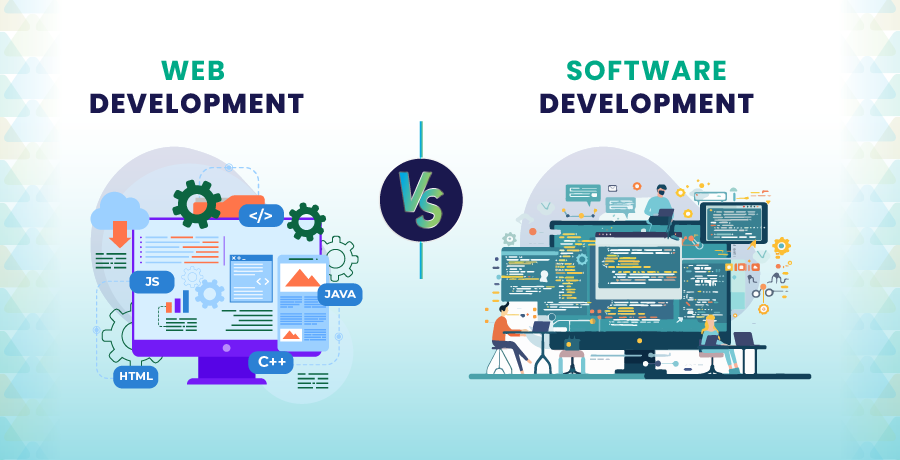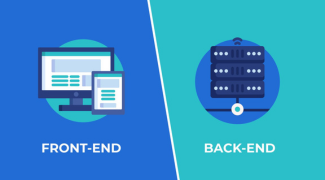How to Choose the Right Programming Language for Your Career

Choosing the right programming language for your career can significantly impact your job prospects and growth opportunities. Here’s a structured approach to help you make an informed decision:
1. Assess Your Interests and Goals
Identify Your Interests: Consider what type of development you enjoy. For instance, do you prefer web development, mobile apps, game development, data analysis, or something else?
Career Goals: Determine your long-term career goals. Are you aiming for a specific role, such as data scientist, web developer, or systems architect?
2. Evaluate Industry Demand
Job Market Trends: Research the demand for different programming languages in your desired industry. Websites like Stack Overflow’s Developer Survey, GitHub’s Octoverse, and job boards can provide insights.
Geographical Considerations: Some languages might be more in demand in specific regions. Look at job postings in your area or where you plan to work.
3. Consider Language Versatility
General-Purpose vs. Specialized: General-purpose languages like Python, JavaScript, and Java can be used across various domains, while specialized languages like R or SAS are more niche.
Cross-Platform Development: If you’re interested in cross-platform applications, consider languages and frameworks that support this, such as JavaScript with Node.js or Dart with Flutter.
4. Research Language Ecosystem and Community
Library and Framework Support: Check the libraries, frameworks, and tools available for the language. A rich ecosystem can significantly ease development.
Community and Support: A strong community can provide support through forums, documentation, and tutorials. Popular languages like Python and JavaScript have extensive communities.
5. Consider Learning Curve and Resources
Ease of Learning: Some languages are known for being beginner-friendly, like Python. Others might have a steeper learning curve but offer advanced capabilities, like C++.
Availability of Learning Resources: Ensure there are ample resources, such as online courses, books, and tutorials, for the language you’re interested in.
6. Evaluate Salary and Job Opportunities
Average Salaries: Look into the average salaries for roles that use the languages you’re considering. Higher demand often correlates with higher salaries.
Job Opportunities: Ensure there are ample job opportunities for the language you choose, both now and in the future.
7.Experimental and practice
Side Projects: Try building small projects or contributing to open-source projects using different languages to get a feel for them.
Internships and Freelancing: Gaining practical experience through internships or freelance work can provide insights into which language suits you best.
8. Look at Industry-Specific Needs
Web Development: JavaScript, HTML/CSS, TypeScript, and frameworks like React or Angular.
Mobile Development: Swift for iOS, Kotlin for Android, or cross-platform options like Flutter (Dart) and React Native (JavaScript).
Data Science and Machine Learning: Python is the leading language, but R is also popular. Julia is emerging in high-performance computing.
Systems Programming: C and C++ are commonly used for low-level programming and systems development.
Summary
Ultimately, the best programming language for your career depends on your personal interests, career goals, industry demands, and the language’s ecosystem. Python, JavaScript, and Java are versatile choices for many fields, while languages like Swift or Kotlin are great for mobile development. Take the time to research and experiment with different languages to find the one that aligns best with your career aspirations.








